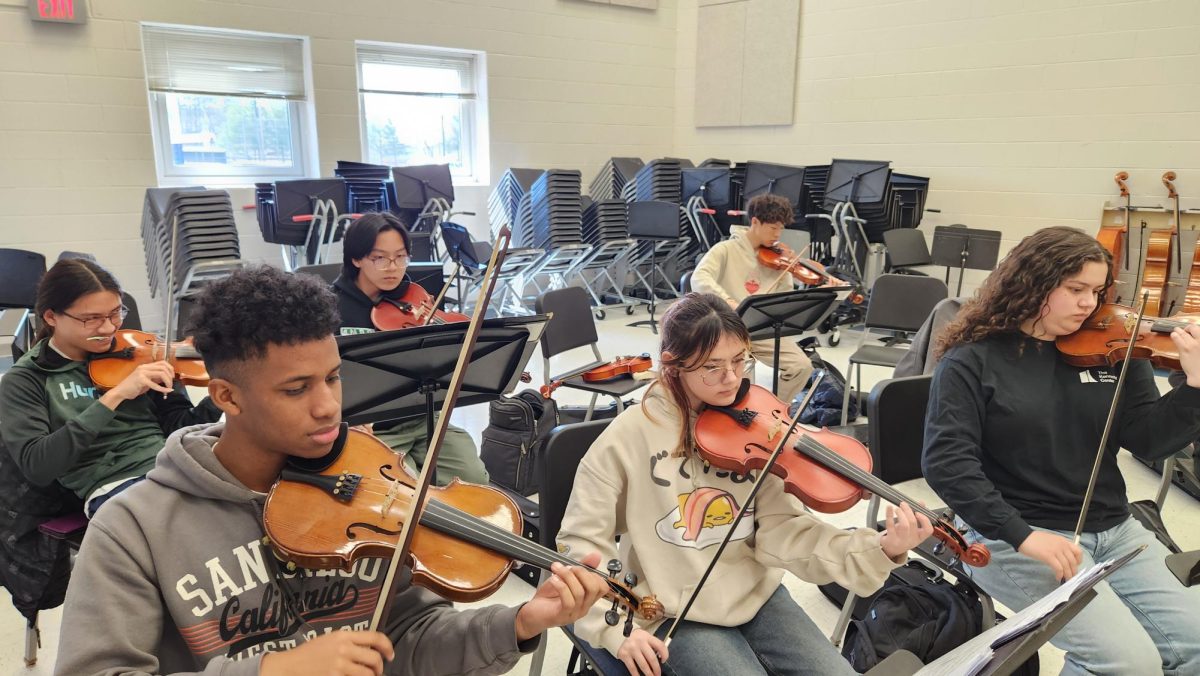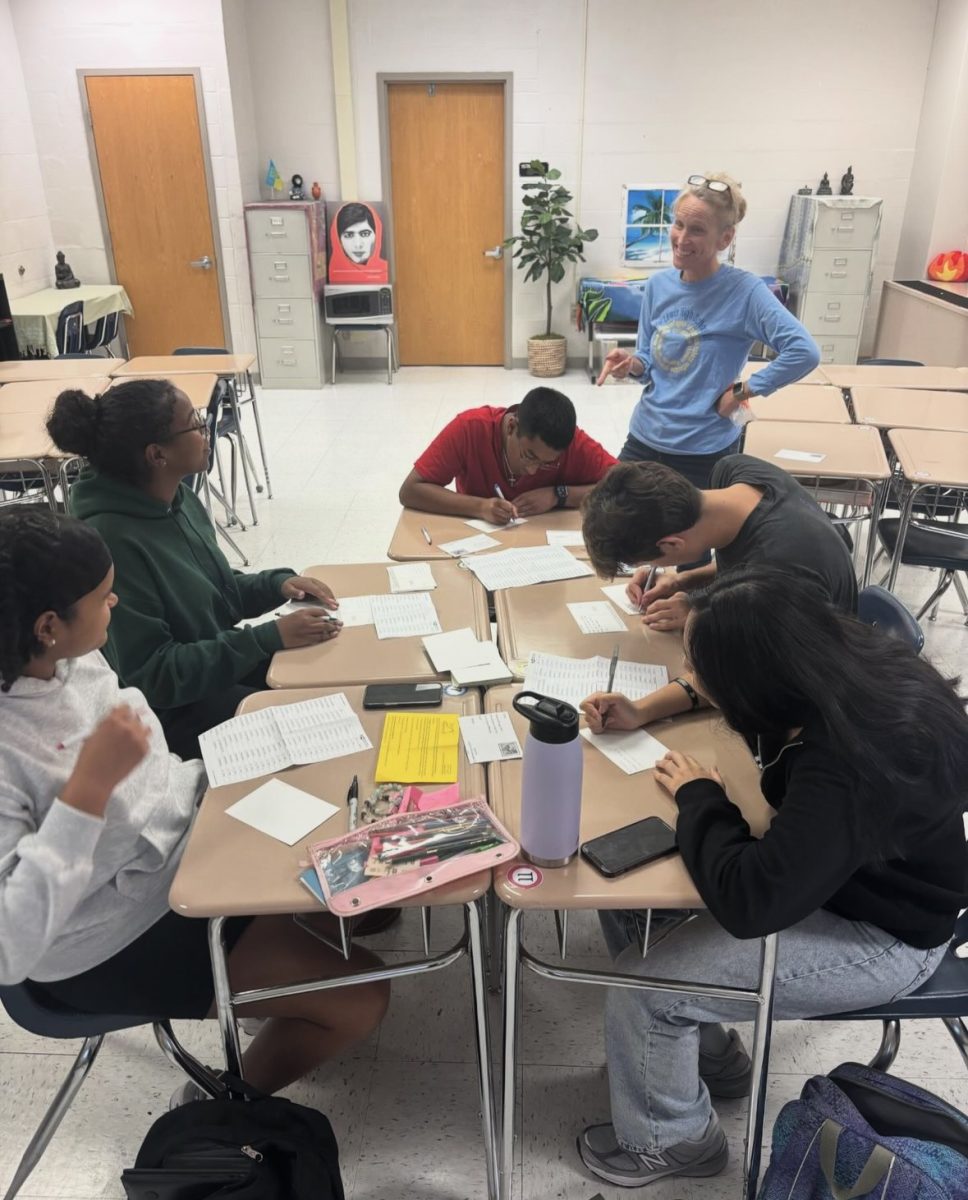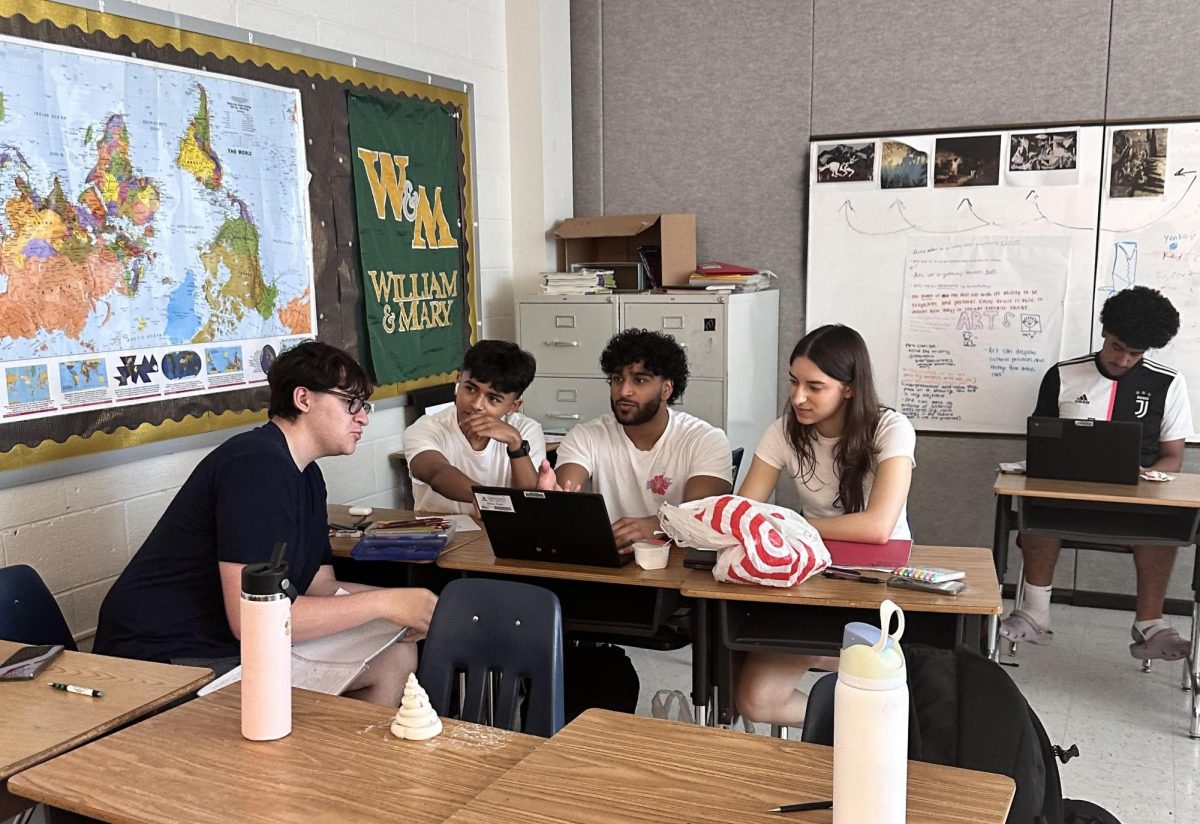The halls are more peaceful, and calendars are filled with graduation countdowns. The last few months of the school year are, as some seniors would say, “filler months” or the longest stretch of a race that began four years ago. The anticipation of your first and last college acceptances, senior skip days, and planning for prom all add to the joy, but there’s also a growing sense of exhaustion and burnout as students head towards the finish line.
“Senioritis” might not be an official diagnosis, however, but it is a common experience for many high school seniors. It is characterized by a distinct combination of anticipation, exhaustion, and sometimes even guilt. This guilt builds up as seniors realize that they aren’t putting in the same effort they once did. These students may have spent years building good work habits, so losing motivation comes with the conflicting desires of wanting to chill and relax but feeling dread over falling behind.
Regardless of the burnout, many seniors have a clear plan for their next steps in life. Senior Lamiek Haile shared that he intends to attend Virginia Tech and major in FinTech and Big Data Analytics. He is pretty certain about his decision and ready to move onward.
Similarly, Senior Tam Ha stated that she will be attending the University of Virginia to study politics, her passion. “… I strongly believe that people should go on a path that fits their passion,” Ha said.
Senior Andrew Gonzales intends to major in finance and business at the Sewanee: The University Of The South in Tennesse.
For all three graduating students, having their post graduation goals established helped alleviated academic stress while also making it easier to mentally disconnect from remaining school work. Yet all three students acknowledged that senioritis had affected them, and it did not occur overnight.
Gonzales reported that it began early in the school year but described the symptoms that struck hardest in the second semester. “I am not motivated anymore to do assignments and [I] cram all final projects and studying for the night before, which is not good at all,” he admitted.
Gonzales understood he needed to put aside bad habits, but he struggled to remain focused as he neared graduation.
Haile’s senioritis developed gradually, becoming more apparent in the fourth quarter. “Some of the assignments just feel like they have no value,” Haile stated, reflecting a common attitude of burnout among seniors who have worked hard for years.
Ha’s experience had an alternate pattern. She remained exceptionally driven in the first semester to attract attention from colleges, but once accepted to her top choice school, she began to relax and slack off in classes that didn’t seem important. “I still tried to put my full effort in, but I did this while procrastinating,” Ha said.
Ha noted that procrastination provided short term solace, but approaching deadlines rekindled her sense of urgency. “Funny enough, it gave me motivation to get my work done.”
While senioritis can be very draining, each student provided words of encouragement for future second semester seniors.
Gonzales suggested current and future seniors to “lock in and finish the year strong,” while also requesting a bit of sympathy from teachers. “It’s not the teachers’ fault we’re experiencing this, but I’ll say cut us some slack,” Gonzales said.
Haile advised senior teachers to avoid assigning excessive work as the year comes to a close as many students, teachers also, are already running on low energy.
Haile delivered a more direct message to future seniors: “… The year is almost [over] and you wouldn’t want to miss graduation due to laziness.
Ha offered a meaningful and heartfelt perspective, encouraging students to strike a balance between relaxation and academics but also enjoy their final year of high school. “I really do think it’s great to relax and enjoy your final year of high school, especially since you have been working so hard these past four years,” she said.
Ha reminded students not to let stress take over, reassuring them that many of the issues they are currently concerned about will not be as important as they believe. “I think you should do whatever feels right to you and whatever fulfills your mental health,” Ha said.
Tam encouraged teachers to consider what their students are going through. “I think the last thing we all want is to be engulfed in assignments and stress… Senior year should be the period of time where we should spend our time being with friends and letting our inner kid out before we go our separate ways, seeking our own dreams,” Ha said.
Senioritis can be frustrating, but it also signals the end of a significant chapter. As motivation decreases and the graduation approaches, seniors keep one eye on the finish line of graduation and another eye on their future plans.
So to all of the seniors–past, present, and future–continue to drag yourself to class and show up even if it’s for the countdown, the memories, or those last moments before everything changes.







